As well as helping us to increase our productivity, experts have found many health benefits of a daytime snooze.
For instance, getting in a nap can reduce our blood pressure and cuts the risk of a heart attack by up to 10%, according to research unveiled by the European Society of Cardiology.
 Many people find that resting during the day, can be helped greatly by the use of support cushions like the one pictured, this allows for the extra support to give good posture for rest, reading or hobbies.
Many people find that resting during the day, can be helped greatly by the use of support cushions like the one pictured, this allows for the extra support to give good posture for rest, reading or hobbies.
The reason we tend to feel sleepier in the afternoons is hardwired into our DNA, Dr Guy Meadows, clinical director of The Sleep School, told Radio 1’s Newsbeat.
He says our ancestors would have rested in the midday sun and that behaviours became “imprinted in our circadian rhythms,” reports the BBC.
The circadian rhythm is a person’s 24-hour body clock. “You’re always being switched on, in fight or flight mode, when we’re at work or at school,” he says. “When you have a nap, you switch the other way, into rest and digest mode.”
People living in hotter climates, such as Greece or Spain, still take short naps in the afternoons, for this reason. Spaniards may also be reaping the rewards of a Siesta to rejuvenate on those long hot days!
The study at a Greek hospital, focusing on older people with raised blood pressure, found such regular naps can cut chances of a heart attack in later life.
Almost 400 people were examined - those who took lunchtime naps had blood pressure 4% lower when they were awake, and 6% lower when they slept at night, than non-nappers.
The results of the research, revealed an average drop of 5mm Hg (measure of blood pressure) –about the same as a low dose of blood pressure medication. Dr Guy says 10-20 minutes is the perfect amount to recharge: “Sleeping longer than 20 minutes will mean you go into deeper sleep, which is harder to wake from and can leave you feeling much worse.” He added: “Sitting quietly with your eyes closed can be really beneficial.
It might be that you book a small room and do it in there or in the worst-case scenario you go to the toilet for 10 minutes and you sit there.” So it’s not so much ‘you snooze, you lose’, but ‘you snooze on the loo, you don’t lose’!
Dr Guy says even if you don’t fall asleep, you still benefit from taking time out to rest. Grabbing 40 winks is obviously simpler when at home, but may be where sleeping on the job is generally frowned upon.
Although, politicians have been known to snooze during afternoon debates at Parliament. Maybe they are just trying to emulate that eminent wartime Prime Minister.
In fact Churchill did keep a bed in the Houses of Parliament to make sure he never missed his daily nap! Living to the ripe old age of 90, he said: “You must sleep sometime between lunch and dinner, and no halfway measures.”
If you’d like to look into our range of cushions and supports to help you get that all-important daily nap, then check out our full range of cushions and supports here

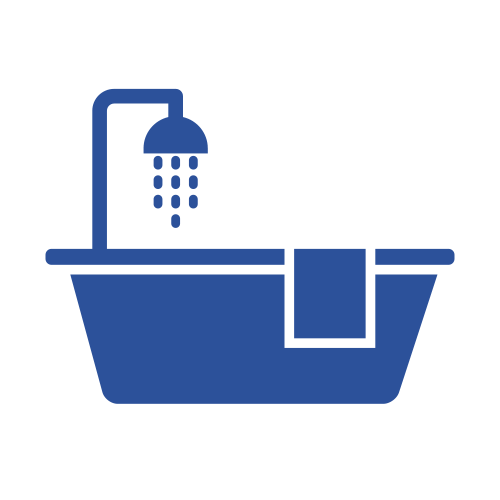 Bathroom Aids
Bathroom Aids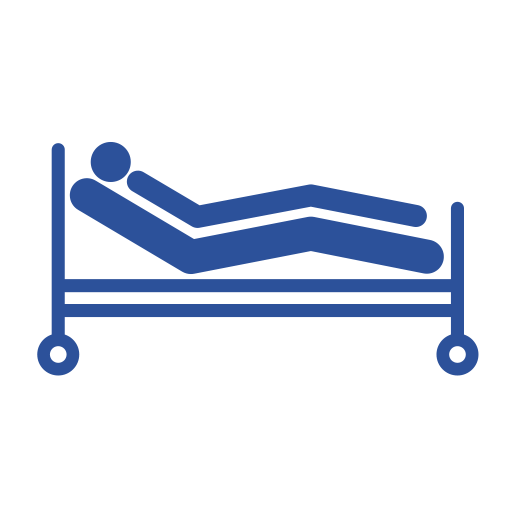 Beds & Bed Aids
Beds & Bed Aids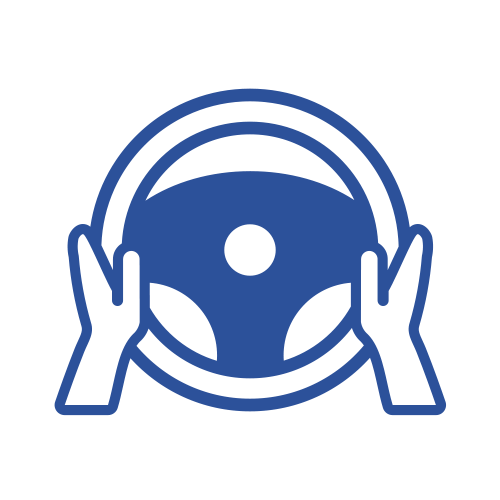 Car & Travel Aids
Car & Travel Aids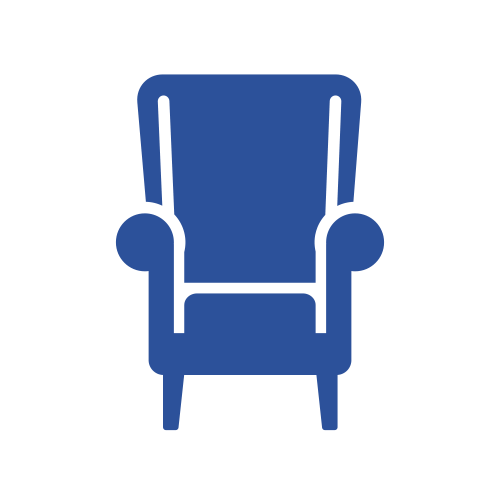 Chairs & Seating Aids
Chairs & Seating Aids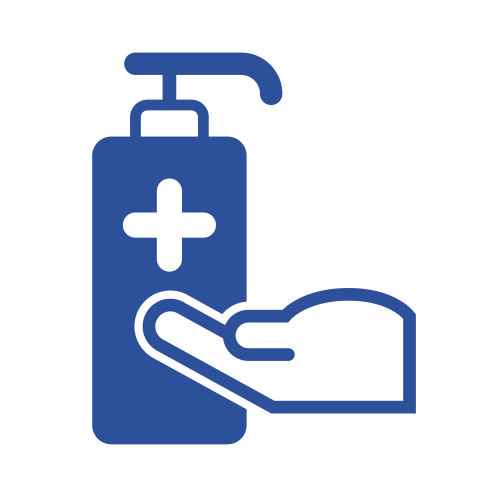 Cleaning & Hygiene
Cleaning & Hygiene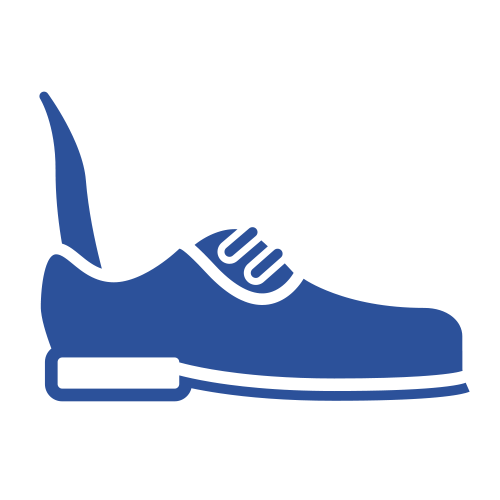 Comfort & Dressing
Comfort & Dressing Continence Care
Continence Care Cushions & Supports
Cushions & Supports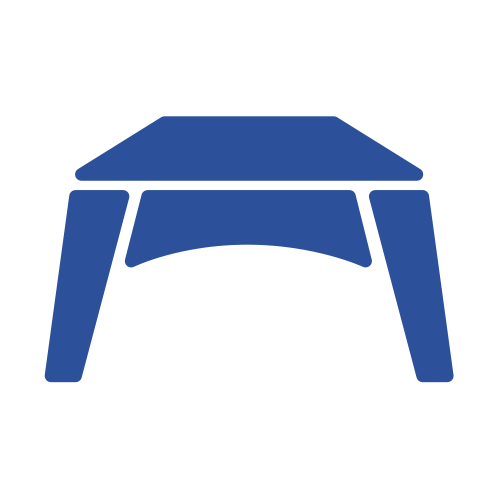 Daily Living Aids
Daily Living Aids Disabled Ramps
Disabled Ramps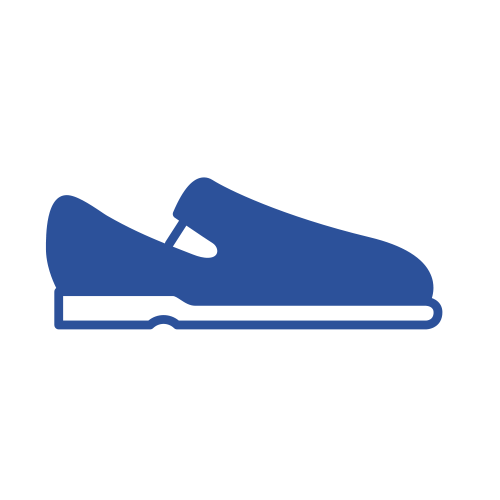 Footwear & Footcare
Footwear & Footcare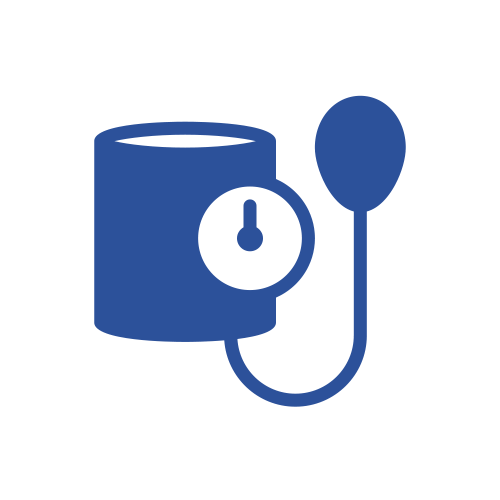 Health & Medical Aids
Health & Medical Aids Medical Professionals
Medical Professionals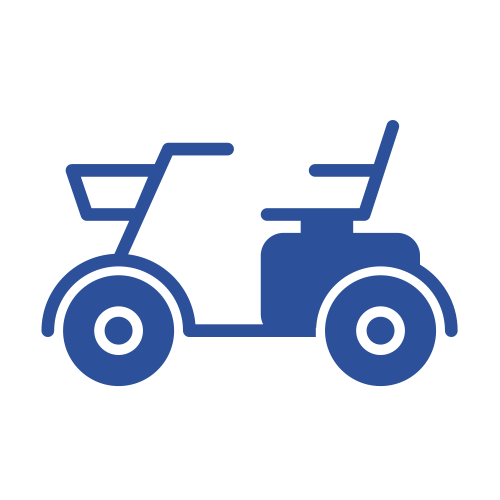 Mobility Scooters
Mobility Scooters Paediatric Equipment
Paediatric Equipment Parts & Spares
Parts & Spares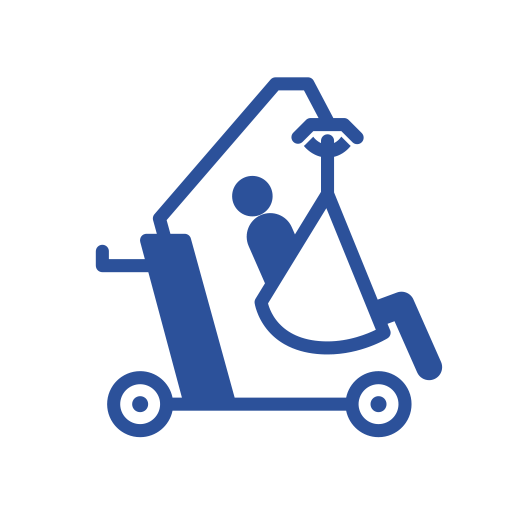 Patient Handling
Patient Handling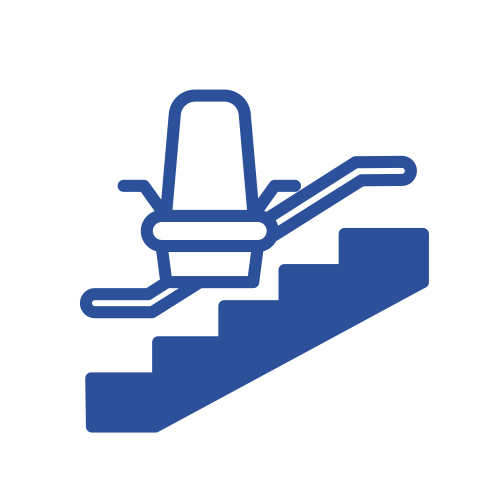 Stair Lifts
Stair Lifts Therapy & Orthopaedics
Therapy & Orthopaedics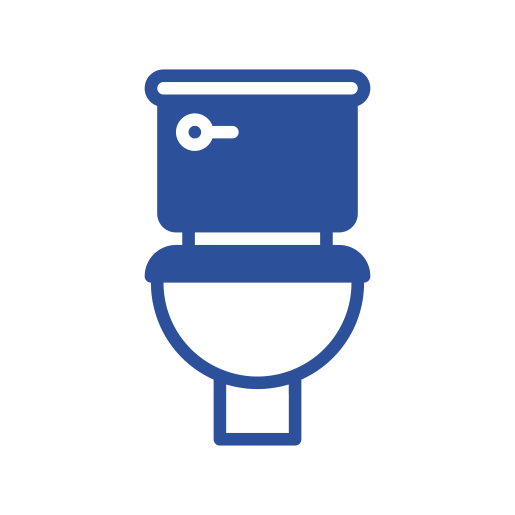 Toileting Aids
Toileting Aids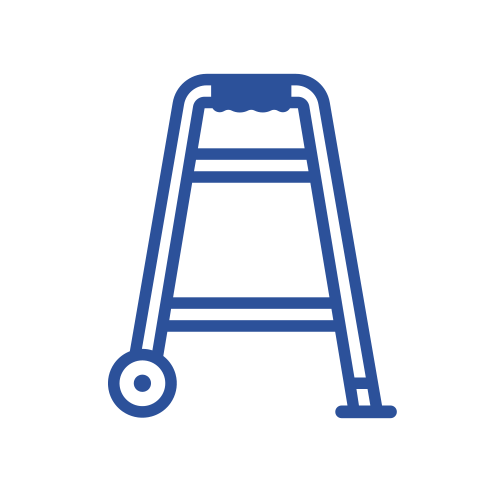 Walking Aids
Walking Aids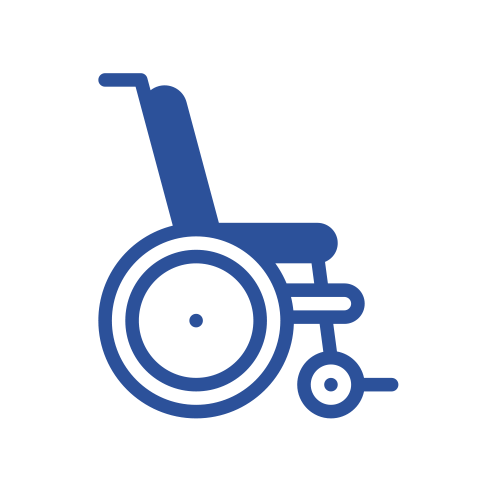 Wheelchairs
Wheelchairs




